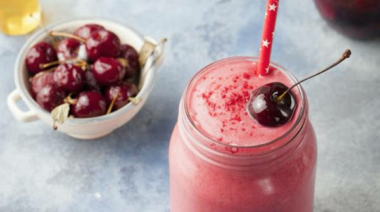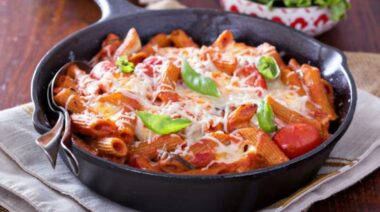A common post-game ritual for athletes, especially for rugby players, is to engage in post-exercise alcohol consumption. It just makes sense to celebrate an athletic triumph with a cold one, right? Well, science decided to take a closer look. A recent study investigated the effects of alcohol ingestion on lower body strength and power, and physiological and cognitive recovery following rugby league matches.
The study consisted of nine male rugby players who participated in two matches. After a match, the players had one of two randomly assigned interventions, which consisted of either a control fluid or an alcohol ingestion session. Four hours after competition, players either consumed a vodka and orange juice drink which consisted of 1g of ethanol alcohol per kilogram of bodyweight, or a control beverage of orange juice alone. Subjects consumed a greater volume of orange juice in the control trial, whereas the alcohol group consumed more water along with their alcohol beverage.1
Various measures such as countermovement jump, maximal voluntary contraction voluntary activation, damage and stress markers of creatine kinase, C-reactive protein, cortisol, and testosterone were analyzed pre-, post-, 2 hours post-, and 16 hours post matches. Cognitive function was analyzed through a modified Stroop test. Each bout of competition consisted of an official 80-minutes amateur rugby league match, where players wore a GPS device to determine or calculate the various measures.2
The results of the study showed that consumption of alcohol resulted in large decreases in countermovement jump height, but no changes in maximal voluntary contraction were recorded. Alcohol consumption also resulted in a significant slower time in the cognitive test and demonstrated significant detrimental effects in reaction time. Consuming alcohol also displayed large effects for an increase in cortisol during recovery. Alcohol did not excessively affect testosterone or C-reactive protein.3
The negative effects of pre-exercise alcohol consumption on physiological outcomes are well reported, however, prior to this study, less had been known about recovery following post-exercise alcohol consumption. In fact, until this research, there had been no studies to report the effects of alcohol consumption following team-sport competition. The research from this study clearly shows that consumption of alcohol following athletic competition such as rugby can have detrimental effects on peak power and cognitive recovery the morning after competition. Consequently, coaches and players should take note and be aware of the potential negative effects. So, perhaps if you have more matches coming up, the post game celebrations should be toned down just a little bit – even you crazy rugby players out there.
Photo courtesy of Shutterstock.






